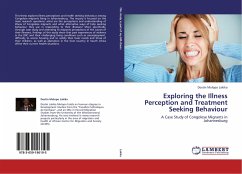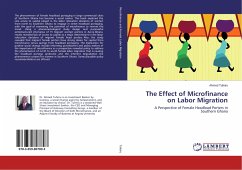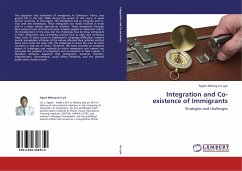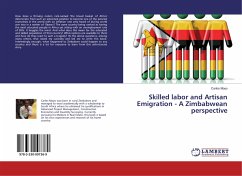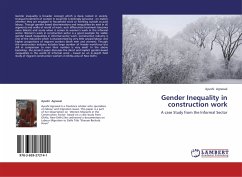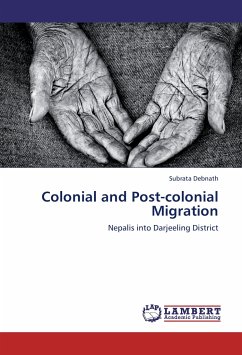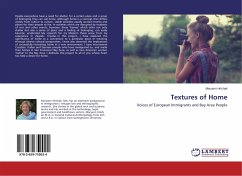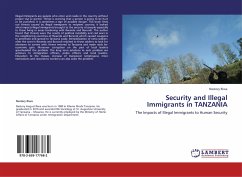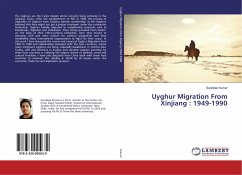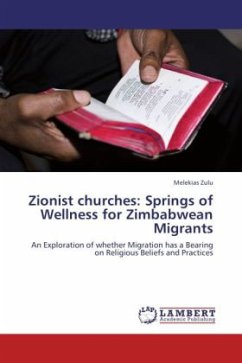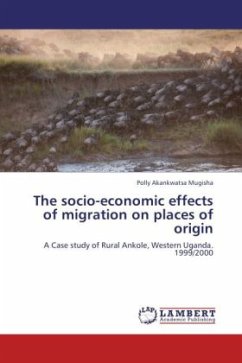
The socio-economic effects of migration on places of origin
A Case study of Rural Ankole, Western Uganda. 1999/2000
Versandkostenfrei!
Versandfertig in 6-10 Tagen
32,99 €
inkl. MwSt.

PAYBACK Punkte
16 °P sammeln!
This study investigated the socio-economic effects of migration on places of origin in rural Ankole, Western Uganda in 1990-2000. The study was carried out in the migrants area of origin not migrants area of destination. A sample of 300 households comprised of 2024 people was drawn from two counties (Igara and Ruhinda) of Bushenyi District, Western Uganda. Households with or without people who have migrated were compared to ascertain socio-economic differences in their status. A total of 148 households who have had out migrants and 152 households that have had migrants were compared. The indep...
This study investigated the socio-economic effects of migration on places of origin in rural Ankole, Western Uganda in 1990-2000. The study was carried out in the migrants area of origin not migrants area of destination. A sample of 300 households comprised of 2024 people was drawn from two counties (Igara and Ruhinda) of Bushenyi District, Western Uganda. Households with or without people who have migrated were compared to ascertain socio-economic differences in their status. A total of 148 households who have had out migrants and 152 households that have had migrants were compared. The independent variable was migration status of the household (migrant or non migrant) and the dependent variables were education, health, possessions in form of fixed assets, type of housing and affordability of certain food assets. A socio-economic index was computed to analyze expenditure patterns and well-being of the households. This was done because it is difficult to establish income levels of rural people. The socio-economic index shows the socio-economic status between households of migrants and non migrants.



